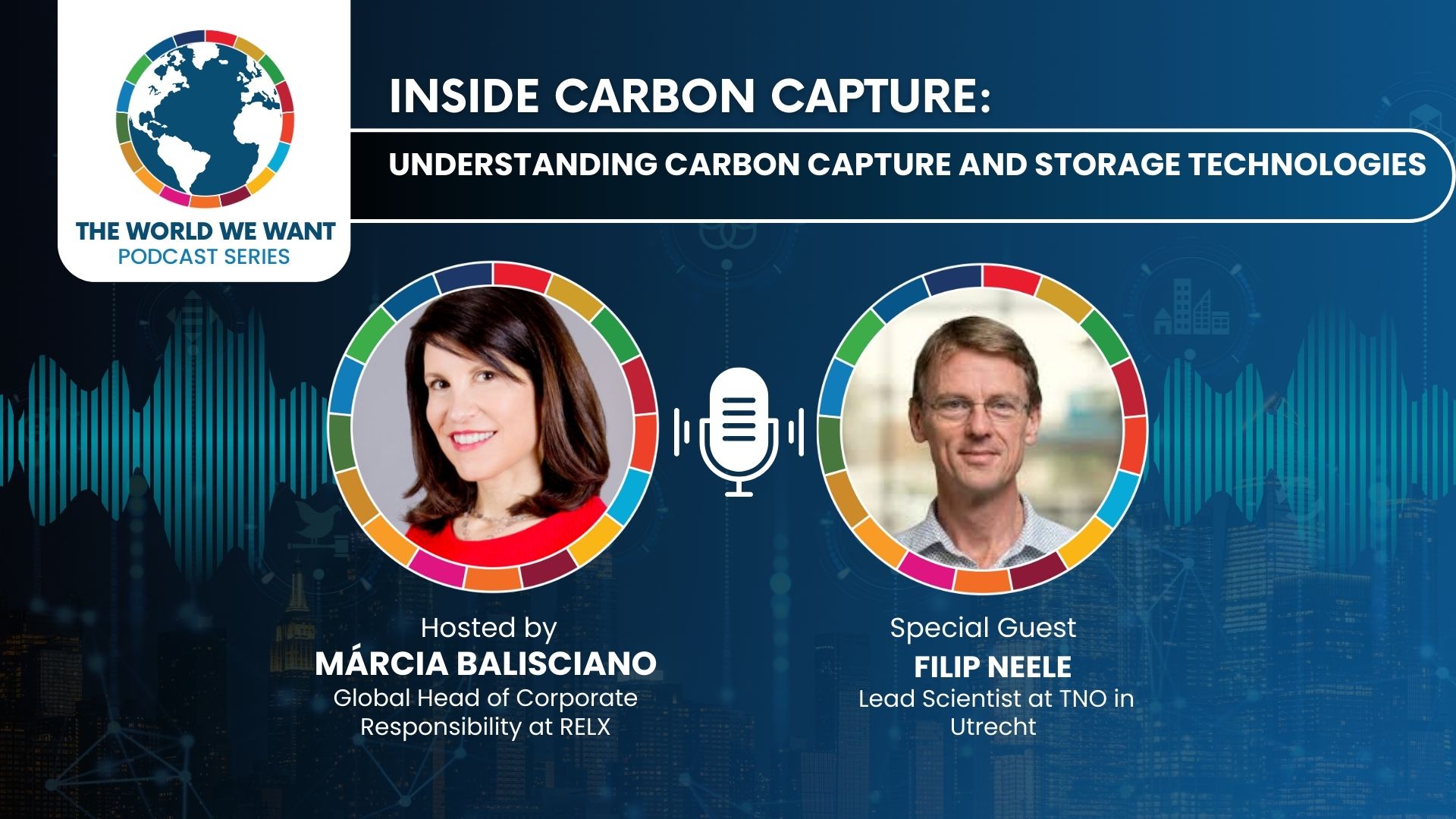Climate change, a global phenomenon characterized by alterations in weather patterns, rising global temperatures, and an increase in extreme weather events, poses a significant challenge to sustainable development and directly impacts the United Nations' Sustainable Development Goals (SDGs). The SDGs, a collection of 17 interlinked global goals designed as a "blueprint to achieve a better and more sustainable future for all" by 2030, are intrinsically connected to climate action.
Central to this relationship is SDG 13: Climate Action, which calls for urgent measures to combat climate change and its impacts. This goal acknowledges that without immediate and sustained action to reduce greenhouse gas emissions, the achievement of other SDGs is at risk. Climate change exacerbates existing challenges such as poverty (SDG 1), hunger (SDG 2), and health issues (SDG 3) by disrupting livelihoods, food security, and health conditions. For instance, increased temperatures and changing precipitation patterns affect crop yields, leading to food insecurity. Similarly, the spread of diseases is influenced by climatic conditions, directly impacting public health.
Furthermore, climate change has a disproportionate impact on vulnerable populations, including those living in poverty, exacerbating inequalities (SDG 10). It affects access to clean water (SDG 6) and sanitation, with changing weather patterns disrupting water supply. The degradation of natural habitats and ecosystems under climate stress threatens life below water (SDG 14) and life on land (SDG 15), leading to biodiversity loss and affecting the livelihoods of those dependent on these ecosystems.
The economic impacts of climate change are also profound, affecting sustainable industrialization (SDG 9) and undermining economic growth (SDG 8). Severe weather events cause extensive damage to infrastructure and lead to economic losses, while changes in climatic conditions can impact industries such as agriculture, fishing, and tourism.
Moreover, climate change poses challenges to achieving sustainable cities and communities (SDG 11) as urban areas face increased risks of flooding, heatwaves, and air pollution. This necessitates the development of resilient infrastructure and adaptive urban planning. Additionally, the energy sector, integral to most economic activities, must transition towards clean and renewable sources (SDG 7) to mitigate climate change, highlighting the interdependence of the SDGs.
Global partnerships (SDG 17) are crucial in addressing climate change, as it is a global issue requiring international cooperation and funding. Developed countries are urged to support developing nations in climate mitigation and adaptation efforts, recognizing the shared responsibility and differing capacities among nations.
Mxene-Based Hybrid Nano-Architectures for Environmental Remediation and Sensor Applications: From Design to Applications, Micro and Nano Technologies series, 2024, Pages 113-127

